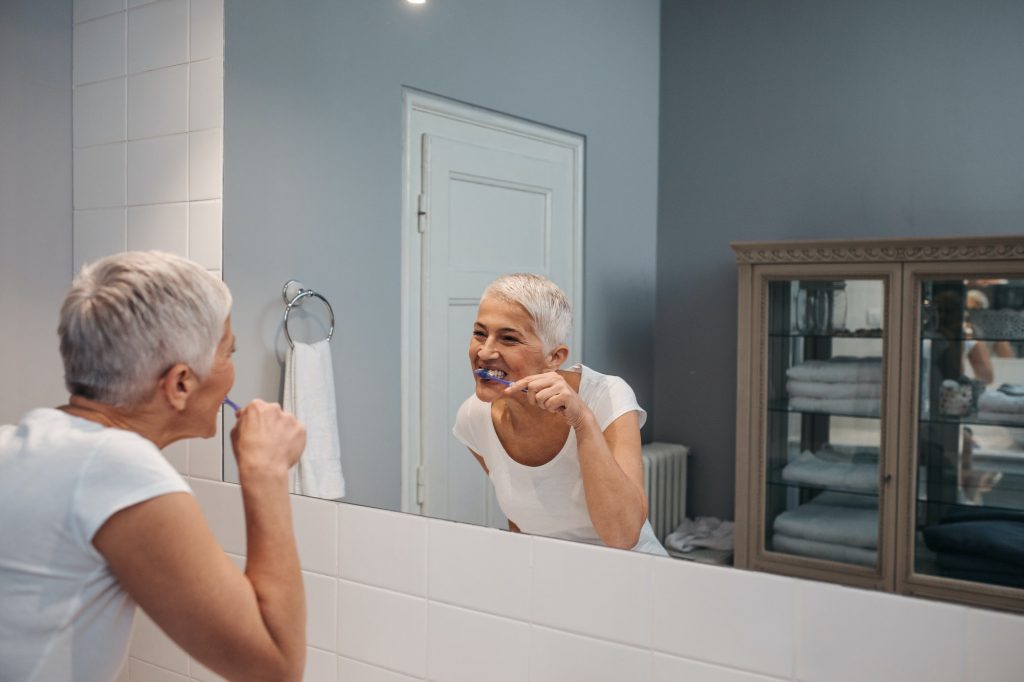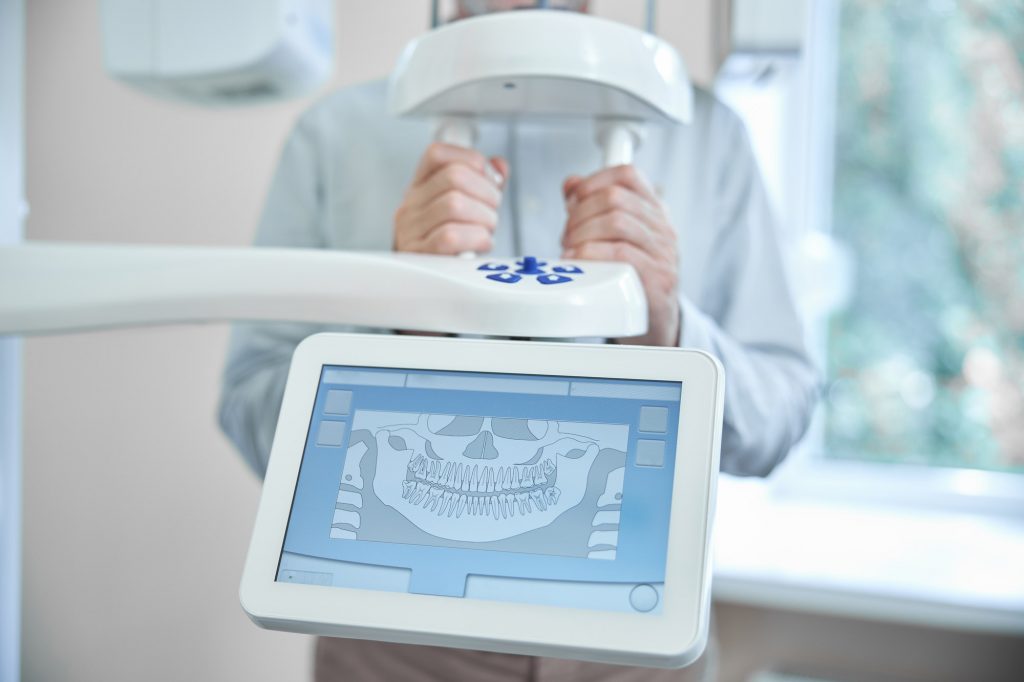Good dental care starts with controlling what you put in your mouth. At least that's what dentists say, but who listens to them anyway? Recent studies reveal that people often don't listen to their dentists when it comes to cavities. Thus, a number of myths have become popular belief. Here are some of the most common ones.
Sugar is the only thing that causes tooth decay
This is a myth, perhaps one of the most important. Cavities are actually created when bacteria create acids in the mouth. Every time you consume carbohydrates this process starts. Carbohydrates include sugars, but also bread, rice, vegetables and fruits. Any combination of these foods can cause the bacteria in your mouth to create unwanted acids.
Children are more prone to tooth decay than adults
This is a myth. Many dentists claim that fluoride-treated water has reduced tooth decay in school-age children by at least half over the past 20 years. On the flip side, however, seniors have experienced an increase in tooth decay due to medications that dehydrate the mouth. Saliva protects teeth, so it follows that less saliva means less protection.
Placing aspirin on a bad tooth eases the pain
A myth! You must swallow aspirin to experience its effects. Aspirin is acidic, which means it is bad for you when it comes in contact with your teeth. It can burn the gums and cause abscesses when placed in the mouth for a long time. Don't do this.
You will know when you have a cavity
That's a big myth. Sometimes you can spot cavities, which can be the painful way, but only because it has spread from somewhere else. Regular and timely exams can detect cavities long before they appear or cause undue discomfort.
Cavities are more likely to form between the teeth
Fact! Bacteria like to hide where you can't reach with a toothbrush or floss. Using mouthwash on a regular basis can help reduce the chance of bacteria buildup.
Good dental care starts at home. Discerning the myths from the facts will help you achieve that bright, healthy smile you desire. As always, be sure to visit your dentist on a regular basis to optimize these results.



























